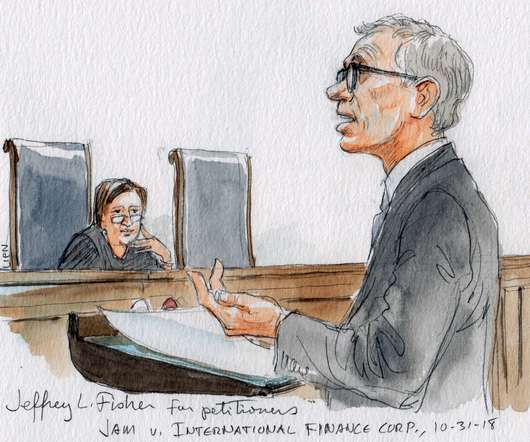Can Lawyers Ethically Store and Transmit Client Info in the Cloud?
Attorney at Work
JUNE 4, 2022
Note that it is an incomplete list with Illinois and possibly others omitted.). As you know by now, especially if you live in one of the over 30 states that has adopted it, ABA Model Rule 1.1 You just need to take reasonable due diligence to know it is secure. Likewise, Model Rule 1.6(c) Due Diligence.













Let's personalize your content